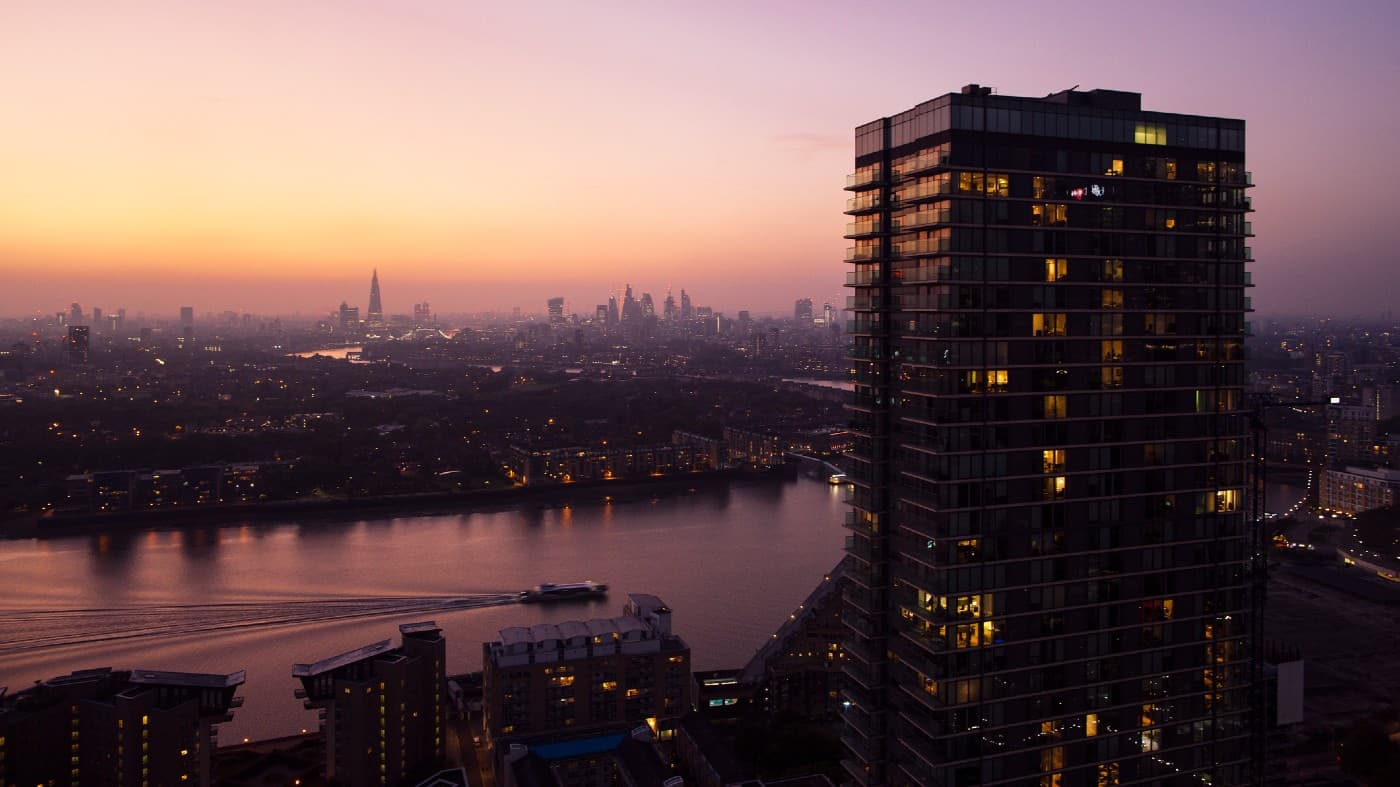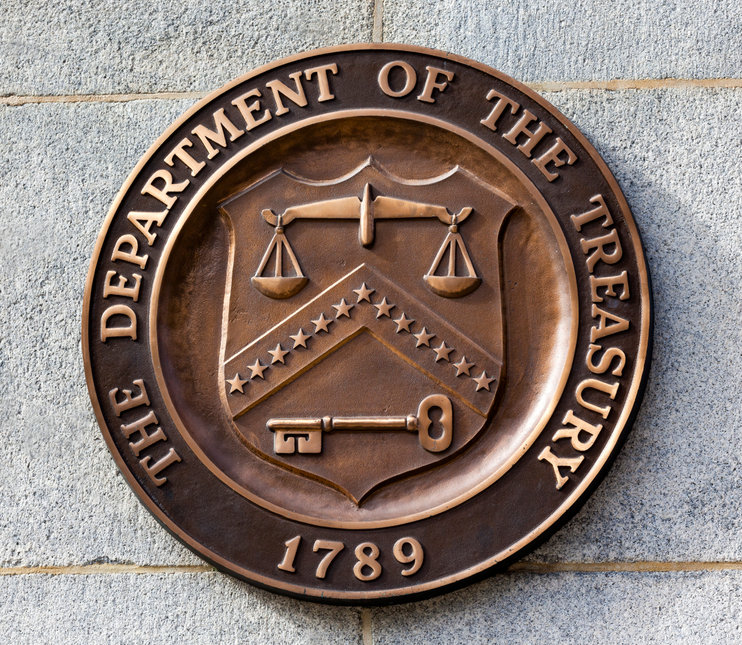With a record $16bn US court judgment in hand, representatives of former shareholders in Argentina’s state-controlled oil company YPF have embarked on a long journey to get the cash-strapped country to pay up for seizing their stakes.
A previous attempt to extract funds from Buenos Aires in another case, led by hedge fund Elliott, took about 15 years and famously featured the seizure of an Argentine vessel in international waters before a settlement was finally reached under then-president Mauricio Macri’s administration in 2016.
This time the battle to enforce the judgment in the case, largely financed by litigation funding juggernaut Burford Capital, has been waged in strident legal filings, with plaintiffs accusing Argentina of “brazen procedural gamesmanship” in attempting to frustrate recovery efforts.
Argentina’s current president libertarian Javier Milei is at the opposite end of the ideological spectrum from the leftwing administration of Cristina Fernández de Kirchner, which oversaw Argentina’s stand-off with Elliott and the 2012 expropriation of YPF at the centre of the case. Milei has said he wants to re-privatise YPF and other state companies, and has signalled a willingness to pay the judgment if Argentina’s ongoing appeal against it fails.
But the dispute between Argentina and its former investors is as bitter as ever, court papers reveal. They also give a glimpse of more dramatic moves that may be to come, with plaintiffs seeking permission to examine large swaths of Argentina’s state-owned assets, from its flag carrier to its main consumer bank.
Lawyers for the plaintiffs claim the ostensibly independent companies are in fact stuffed full of underqualified political appointees and are “alter egos of the Republic” — a legal term that denotes they are not just owned, but also controlled, by the Argentine administration and indistinguishable from it. Such a determination would theoretically ease the path to seizures by agencies working for Argentina’s creditors.
People close to the Argentine administration, which is appealing against last year’s judgment, said they were confident of winning a reprieve from higher courts and said plaintiffs were involved in a fishing expedition designed to embarrass the country. They added that there were no substantial assets within the US’s jurisdiction regardless.
In filings to the court, the country’s lawyers have denied the entities in question are “alter egos” and said previous rulings by US courts have supported their claim that they are operationally separate from the state.
Plaintiffs are asking the court for permission to examine the following state-owned assets to see just how closely they are intertwined with current and previous governments.
YPF
Following the expropriation that led to the litigation, Argentina now owns 51 per cent of the shares in energy company YPF, split between the country and some provinces. The remaining 49 per cent are privately held. The group is listed in Buenos Aires and on the New York Stock Exchange.
The plaintiffs argued that previous governments had used the company to give jobs to “political hacks” and set local fuel prices, showing how it is really an arm of the state. They have also separately asked the court to order Argentina to transfer the nation’s shares in YPF to its creditors.
The company, which has a market capitalisation of $10.7bn, holds valuable oil and gasfields in Argentina, including in the massive Patagonian shale formation Vaca Muerta.

But the easiest YPF assets for the plaintiffs to reach would be its New York law-governed corporate bonds, said Sebastián Maril, a director at consultancy Latam Advisors, noting that some of the bonds are guaranteed by bank deposits in the US generated by YPF’s oil exports.
He added that the bonds’ price “could collapse” if YPF was deemed an alter ego of the state, whether or not the plaintiffs succeeded in seizing them. “The judgment creditors want that risk to push Argentina to sit down and negotiate.”
People close to Argentina contend that no such assets would be in reach of creditors and said YPF shares in the country were “absolutely immune” from seizure. They added that no settlement negotiations were being considered while the appeal was pending.
Argentina’s central bank
Plaintiffs argued the central bank is “used as a tool of the state”. They said the fact that Milei has repeatedly pledged to shut down the monetary authority shows the government was ultimately wholly in charge of the organisation. “It’s what he wrote in his own recent book,” lawyer Randy Mastro argued at a hearing in May, apparently referring to Milei’s 2023 book on his plan to fight Argentina’s chronic inflation.
In response Argentina maintained that control over the central bank was not “so extensive that it amounts to day-to-day business control”.
A country’s central bank reserves — of which cash-strapped Argentina has very little at the moment — enjoy strong immunity from seizure in most jurisdictions, including the US, legal experts say.

However, a recent decision by Milei’s government has made it difficult to ascertain the location of some of Argentina’s central bank reserves and what legal protections they have from seizure. Last month, economy minister Luis Caputo said the central bank had sent a portion of its $4.7bn worth of gold to an undisclosed location abroad.
While Caputo said the aim was to “generate returns”, opposition politicians claim the gold may be used as collateral for a loan needed to pay foreign bond holders next year and that it increases risks it could be seized. Former economy minister Martín Guzmán described the manoeuvre as “pawning grandma’s jewels”.
People close to Argentina said US courts had already ruled that the central bank reserves were out of reach.
Argentina’s airline
Fully state-owned airline Aerolíneas Argentinas has become a flashpoint in Argentine politics under Milei, who tried and failed to win congressional approval to privatise the typically lossmaking company earlier this year.
The airline, which controls 60 per cent of Argentina’s domestic market and runs some international flights counts 84 planes in its fleet. However, the majority are leased.
In a motion to the court, lawyers for the plaintiffs in the YPF case claim “the Republic staffs Aerolíneas with political appointees who have been criticised for their lack of airline experience and poor management”, citing former president Macri’s description of it as “an employment factory” for leftwing political activists.
Rodrigo Borrás, secretary of ground crew union APA, which represents many Aerolíneas staff, called those arguments “unserious”.
“This isn’t the first time vulture funds have tried to go after Argentina’s interests in this way,” he said, citing Elliott’s ultimately frustrated attempt to seize an Argentine naval vessel while in port in Ghana in 2012. “It won’t work.”
Bank, energy and telecoms
Arsat, Argentina’s state-owned telecommunications company, provides mobile and internet infrastructure across the country, while state-owned Enarsa focuses mostly on importing and distributing energy, and building infrastructure. Analysts said it was unclear what assets they might hold overseas.
State-owned Banco Nación is Argentina’s largest retail bank. It has branches abroad, including in New York and Miami, where the plaintiffs will hope to find information showing that the Argentine state holds accounts used for foreign trade transactions.
All three companies are also targets for privatisation under Milei.
Credit: Source link













